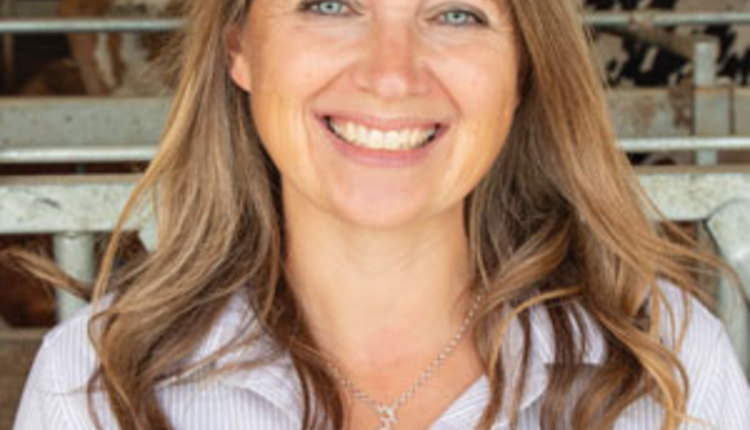I had the privilege of writing a story about a man who lived through an experience that nearly killed him. After an out-patient surgical procedure on his knee, John was discharged from the hospital late that night. He was only home about an hour when his femoral artery burst. When that happens, it is only a matter of minutes before a person loses too much blood to survive.
That same evening, close to midnight, a local police officer’s shift had technically ended, but he was still out wrapping up an assignment. As he drove back to the police station, he heard a 9-1-1 call come in for someone who was bleeding. By sheer luck, Officer Jay was just blocks away, so he rushed over to the house and found a dire situation. With the help of John’s wife, Judy, he was able to apply a tourniquet and use pressure to stop the bleeding. An ambulance arrived a few minutes later and transported John to the hospital. When it was all said and done, he had lost about 22% of his blood, and if the bleeding had continued much longer, John would not be here to tell this story.
Officer Jay was off duty and didn’t have to respond that night, but he did — and his actions saved another person’s life. I got to speak with Officer Jay as well, and while he was relieved he was there to help John, he humbly said he was just doing his job.
John also had a career focused on helping others as a therapist. Now in retirement, he volunteers his time with a hospice care program, visiting patients and their families in their most vulnerable moments.
I wrapped up this conversation in awe, of both Officer Jay’s quick thinking and selfless commitment to helping others and of John’s career dedicated to serving people, and his spirit for volunteerism. It made me wonder if I would ever have such a profound impact on people’s lives, and I said something to that effect to John as I thanked him for his commitment to others. He reminded me that there are opportunities to make big impacts in people’s lives, but they don’t have to be big moments or big gestures. Every interaction we have with people — from our family members to co-workers to that stranger in the checkout line — can change their day, their week, or even more. How we treat people matters. The little things matter, he said.
That got me thinking about careers in agriculture. All of you who are farming, doing research for farmers, or supporting farmers in some way — you are working in a career that sustains life. You are producing the food that people need to live. That’s a big job and a big responsibility with a big impact.
But feeding the world does not happen overnight. It is a combination of steps, actions, and decisions that are made day after day and year after year. Big or small — they all matter in some way.
Looking more specifically at manure, improving the way we handle this valuable by-product and manage other nutrients on the farm is another long-term commitment. Every positive change made is a step in the right direction, from using cover crops to adding processing technology, to protecting biosecurity when transporting manure, as discussed on page 24. When added together, we can make the most of manure and our stewardship of the land, but each piece is an important part of the bigger puzzle.

Until next time,
Abby
This article appeared in the August 2025 issue of Journal of Nutrient Management on page 4.
Not a subscriber? Click to get the print magazine.








